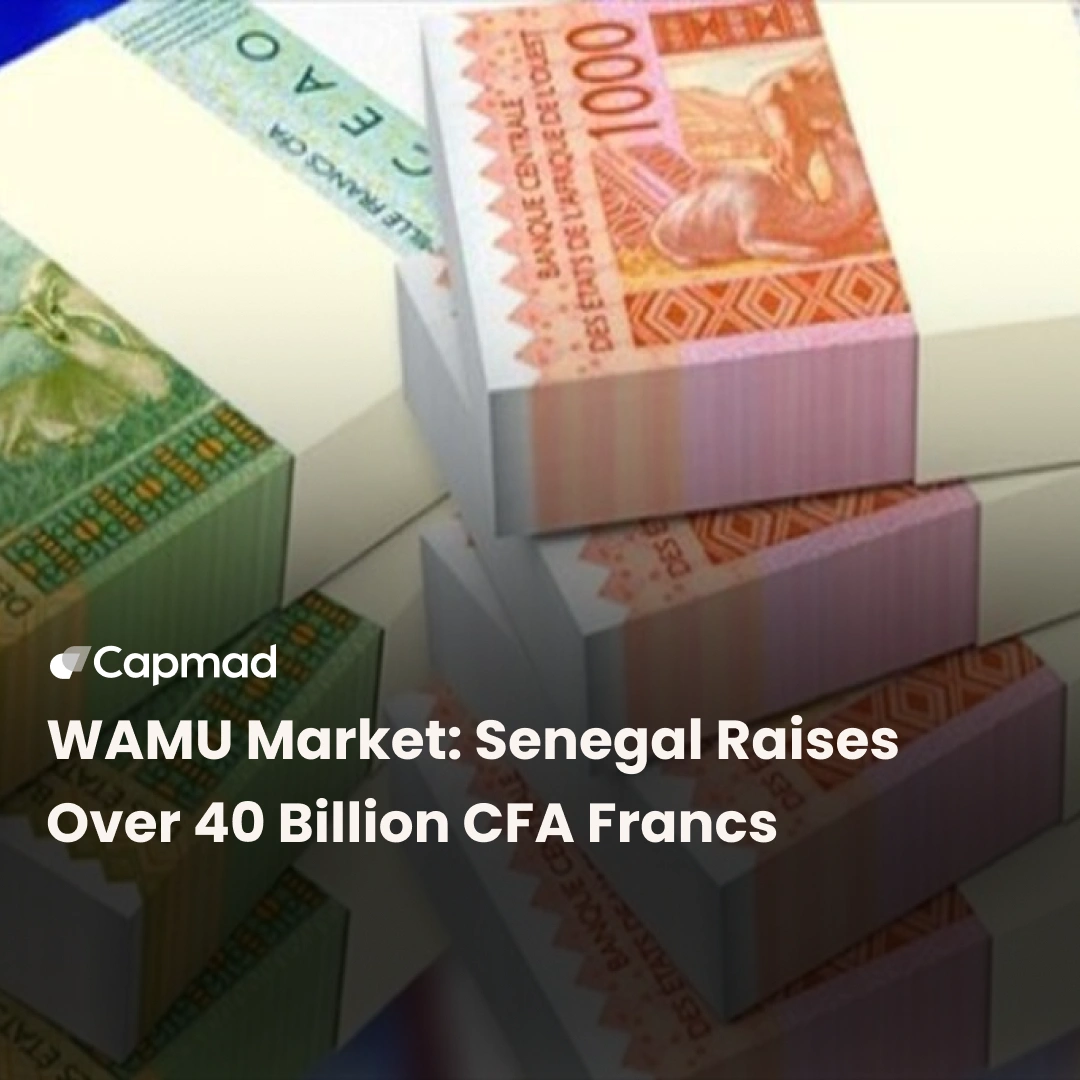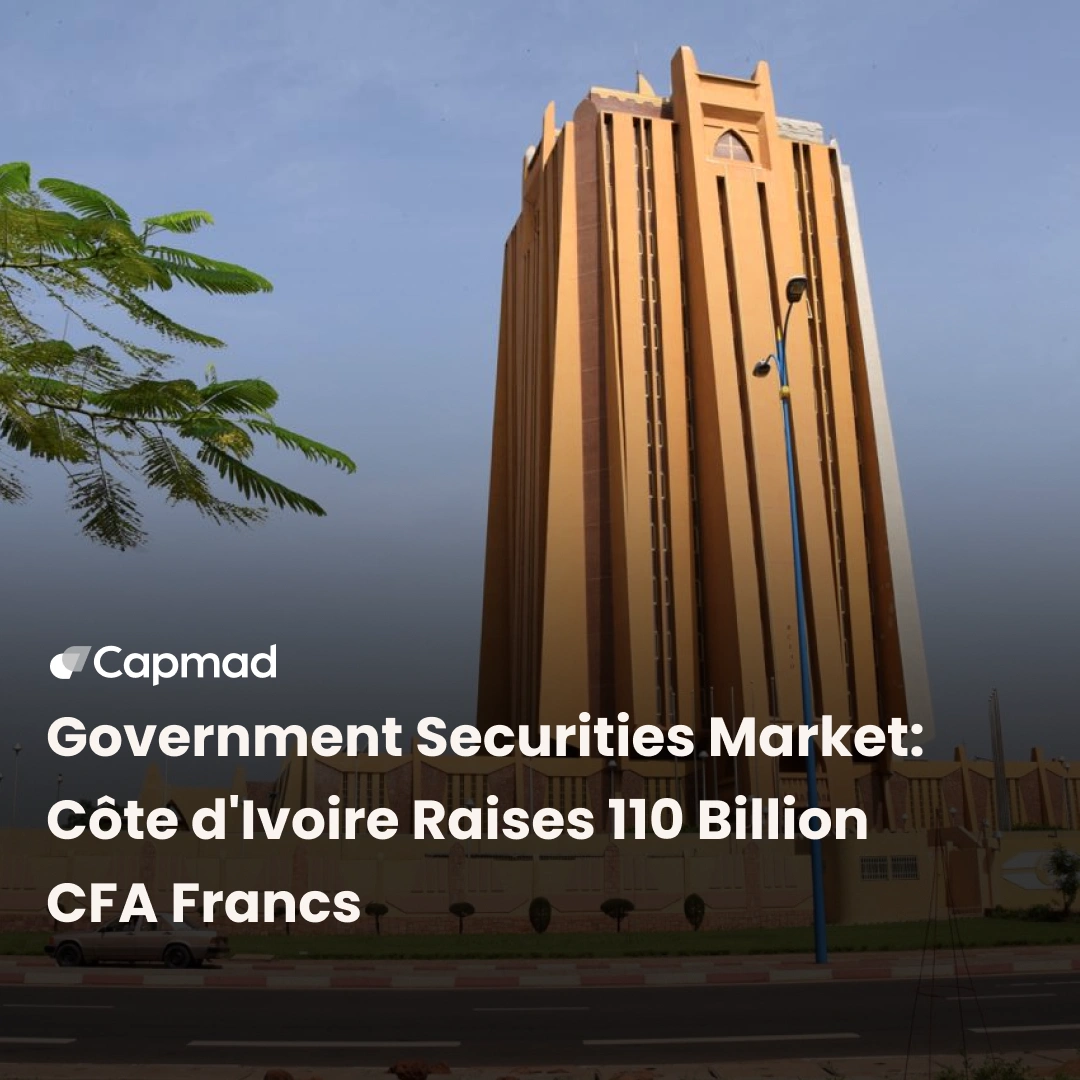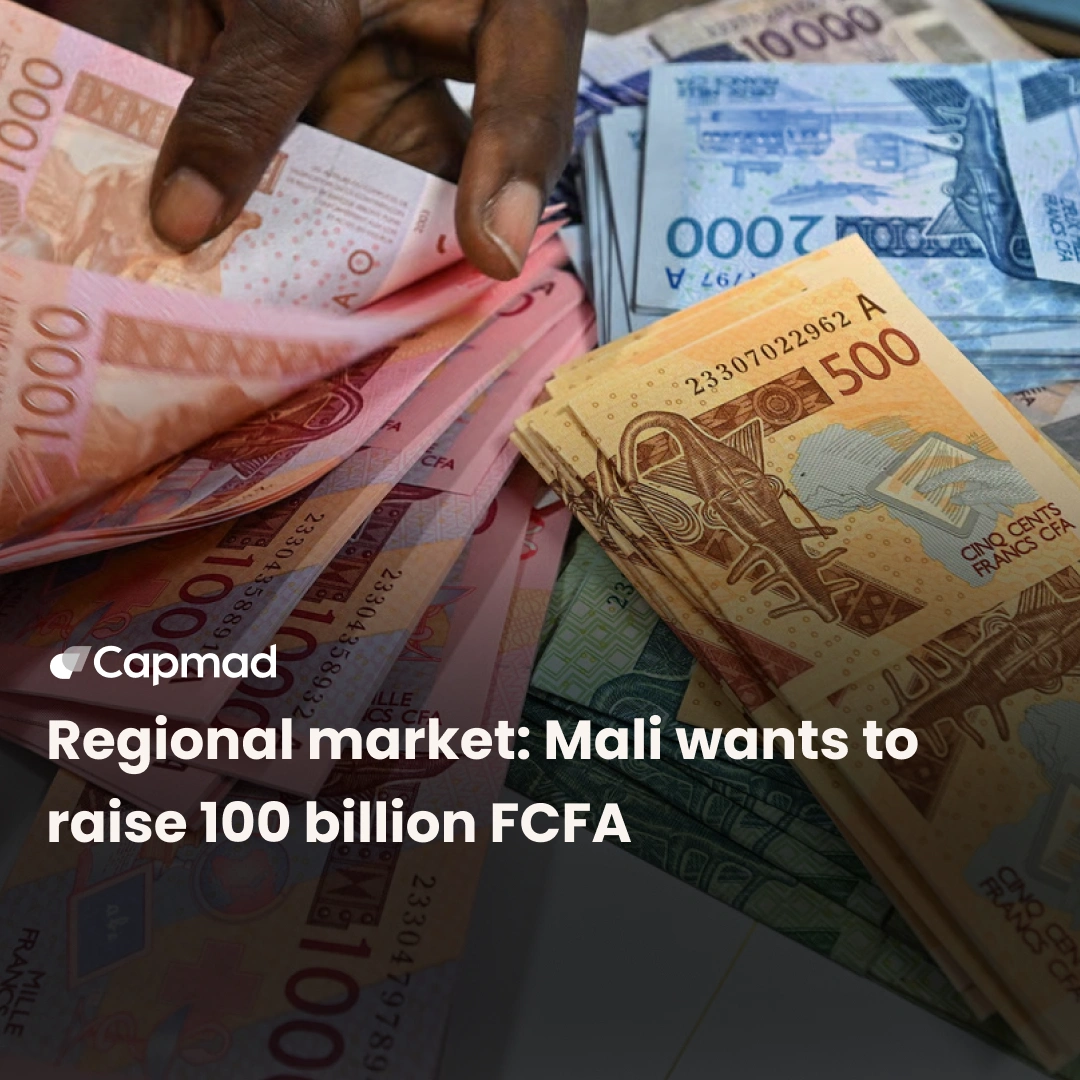According to the Global Financial Centers Index released in March 2024, Africa shows a notable increase in scores. Casablanca Finance City (CFC) proudly retains its position as the continent’s leading financial center, despite modest progress.
Global financial centers index
For the 35th edition of the Global Financial Centers Index (GFCI 35), Z/Yen Group, in collaboration with the China Development Institute, analyzed 133 financial centers. The main index includes 121 centers, with 12 remaining under potential inclusion.
This semi-annual report assesses the competitiveness and attractiveness of financial centers globally, helping multinational companies choose locations for their new branches. The ranking is based on 147 indicators provided by third parties, particularly major institutions such as the United Nations, the World Bank, the Organisation for Economic Co-operation and Development (OECD), and The Economist Intelligence Unit. The criteria include :
- Local business environment
- Human capital
- Infrastructure
- Financial sector development
- Reputation
- Taxation
What is the largest financial center in the world ?
The top 5 in the GFCI ranking remain unchanged. New York, London, Singapore, Hong Kong, and San Francisco continue to dominate the global list. These financial hubs are closely followed by Shanghai, Geneva, Los Angeles, Chicago, and Seoul, with scores very close to each other, differing by only one point between ranks.
Although the index results vary by country, the average increase in scores across all centers is 1.62 %. This suggests a moderate improvement in confidence in the financial sector. Financial centers continue to focus on key areas of development, including green finance, the impact of digitalization, and skill development.
Ranking of top financial centers in Africa
According to the GFCI 35 report, scores in the Middle East and Africa regions have risen by an average of 2.16 %. Additionally, the global ranking includes seven African financial centers, all of which have shown good progress in their scores.
Developing African financial markets
African financial markets are undergoing notable transformations. Mauritius emerges as a key player with its investor-friendly policies, positioning itself just behind Morocco’s financial center. This island nation has improved its score by 17 points compared to the previous semester.
In East Africa, Nairobi and Kigali are rapidly developing their financial markets. Kigali, in particular, benefits from ambitious economic reforms and increased political stability. In the GFCI 35 ranking, the Rwandan financial center has moved up 26 places, while Nairobi has dropped 5 places despite a 12-point improvement. Casablanca Finance City (CFC) and Kigali are among the 15 financial centers likely to become more significant, each with 28 mentions over the past 24 months.
South Africa’s two financial centers have shown strong performance compared to their decline in GFCI 34. Johannesburg has improved its score by 20 points with a modest advance of one rank globally, while Cape Town has progressed by 33 points and gained eight places. Lagos, ranked 100th, completes the African podium in these global financial centers index.
Casablanca finance city : Africa’s leading financial center
According to GFCI 34, Casablanca’s financial hub was ranked 54th globally with 682 points. In the GFCI 35 report, published in March 2024, this Moroccan city has dropped 2 places to 56th globally, despite an increase in its score to 688 points. This African financial hub maintains its top position on the continent.
Ranking in the MENA region : Dropped to 4th place
In the 34th edition of the GFCI, Casablanca held third place in the North Africa and Middle East (MENA) region. Globally, the Moroccan financial center was behind Dubai and Abu Dhabi, ranked 21st and 35th, respectively. However, the most recent edition of the index shows that Tel Aviv has moved up 9 places to rank 3rd in the MENA region, pushing Casablanca to fourth position.
Financial services’ hub in Africa
GFCI 35 highlights Casablanca’s rise as a key financial center in Africa, a reputation bolstered by the Casablanca Finance City Authority. The CFCA results from a public-private partnership involving :
- The Casablanca-Settat region
- The Central Bank of Morocco
- Major Moroccan banks
- The Central Securities Depository
- The insurance sector
- The Casablanca Stock Exchange
CFC benefits from a unique position. This major economic metropolis provides the services and infrastructure needed to connect its members with international markets. The African financial hub stands out for its strategic location at the crossroads of Europe and Africa, its strong regulatory framework, and its favorable tax regime. Additionally, Casablanca is committed to green finance and sustainable development.







